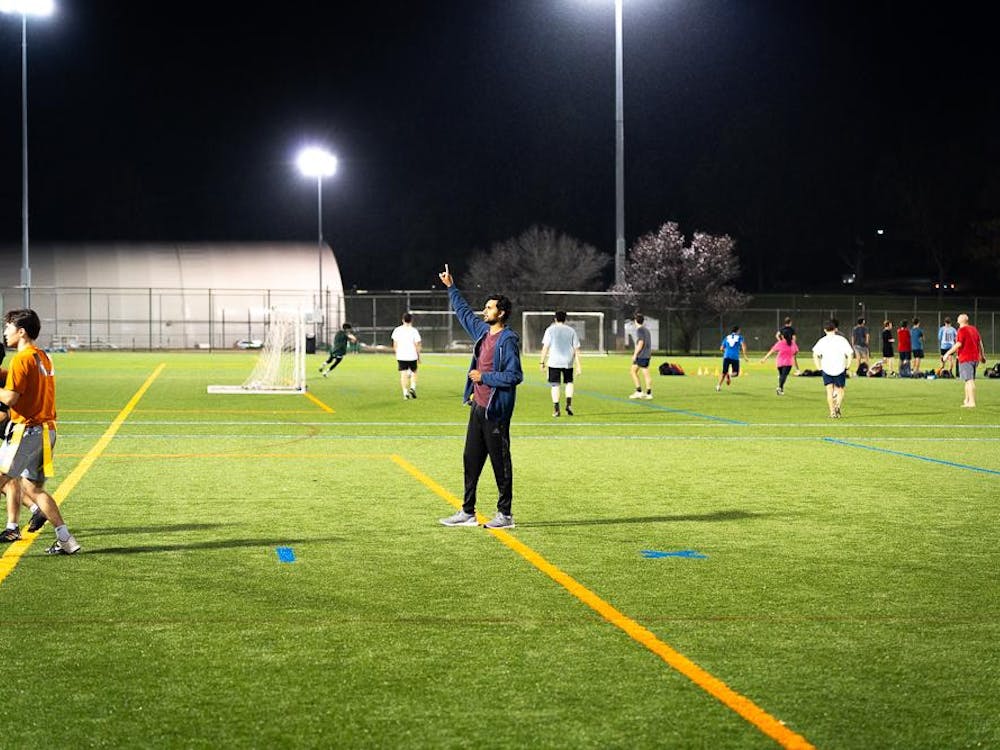If you walk into the kitchen of the lovely apartment I share with three friends, you will likely find some empty coffee mugs, a pair of shoes lying around and the remnants of the scent of our favorite “stress relief” candle. Hanging on the wall is a chalkboard where my roommates and I made a fourth-year bucket list, including everything from “bring back UGGs” to “go wine tasting.” But there is one unique item I don’t think we should ever cross off of our list: “get the metaphorical wristband.”
You may be asking yourself what on earth this means, so let me provide a little bit of context. A few years ago, my roommate was going out with her friend who was going to be put on the list of a fraternity party. In exchange for being on the list, she would receive a wristband to enter. When she arrived at the party, she found out her name was in fact not on the list, and hence, no wristband. She stood around and called the boy a few times to no avail. My roommate eventually told her, “Look, if he really wanted you to be here, he would have given you the wristband.” Furthermore, if he were worth all of the trouble, he would have cared enough about her to do so.
“The metaphorical wristband” has now become our image of remembering what we are worth. If the boy had really cared about the girl, he would have ensured she could enter the party. The girl shouldn’t have to demean herself to beg, wait around and call him repeatedly in order to get inside. Even if he did want her there, he should have to try a little bit harder in order to prove he values her enough to put in the time and effort.
The same logic applies to many different situations. If a boy is waiting for a girl to text him back and she leaves him hanging for days, he shouldn’t have to text her again and again to beg for her attention. If she really wants to spend time with him, she should respond to his text, or even initiate a new conversation. If not, he shouldn’t waste his time pining over a girl who doesn’t care about him. He deserves better.
Moving outside of romance and into the very real world of trying to find a job, the wristband rule still applies. If potential employers don’t respond to your resumes, or if they do respond and decide you are not what they are looking for, remember you deserve to work for someone who values what you contribute. If they don’t value you enough to choose you, hire you or even respond to you, then you probably don’t want to work for them anyway.
Similarly, if you apply to a class, major or CIO which doesn’t accept you — as I have many times — don’t let that make you think you are any less of a person. You just haven’t yet found the group of people who understands everything you have to offer. And you will.
All too often, we forget what we are worth. We interpret signs of rejection — like not getting a wristband to a party — as an indication we are somehow worse than the person rejecting us and the people who they are accepting. We feel we need to change to conform to the other person’s actions or ideas when really these events have no bearing on our worth as human beings. We all have so much to offer the world just by being ourselves, and all we need to do is find the people and the situations which acknowledge that fact.
Never give up on finding the people who remind you of your worth, rather than tear it down. Because you deserve a lot more than a flimsy wristband to a fraternity party.







